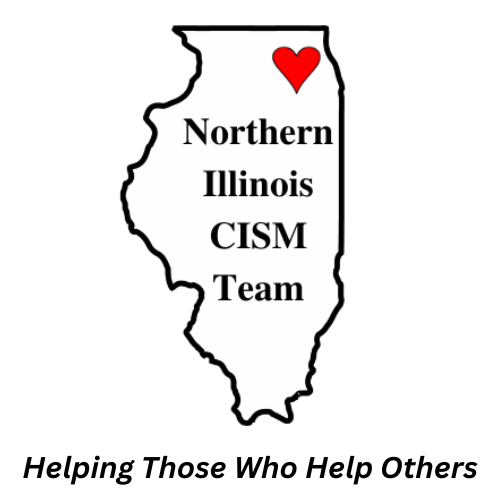
What is Critical Incident Stress?
Stress is an expected part of the emergency service profession and is routinely managed on a day-to-day basis. However, Critical Incident stress can produce reactions which may interfere with or overwhelm a person’s ability to function or cope either at the scene or later.
Critical incident stress is the body’s normal reaction to a very abnormal event.
How do I recognize Critical Incident stress?
Critical Incidents may produce a wide range of stress symptoms which may appear immediately at the scene, a few hours later or days after the incident. Stress symptoms usually occur in five different categories:
Cognitive (thinking): Poor concentration, poor attention, slowed problem solving, memory problems, difficulty making decisions
Physical (body): Muscle tremors, headaches, elevate blood pressure, gastrointestinal distress
Emotional (feelings): Depression, guilt, loss of emotional control, irritability, grief, anxiety, fear, feeling overwhelmed
Behavioral (actions): Withdrawal from contact, sleep disturbances, changes in eating and work habits, excessive silence
Spiritual (faith and hope): Doubting your faith, feeling spiritually numb, questioning and/or blaming God, wondering how God could allow these things to happen
The longer the symptoms persist, the more potential there is for lasting harm.

